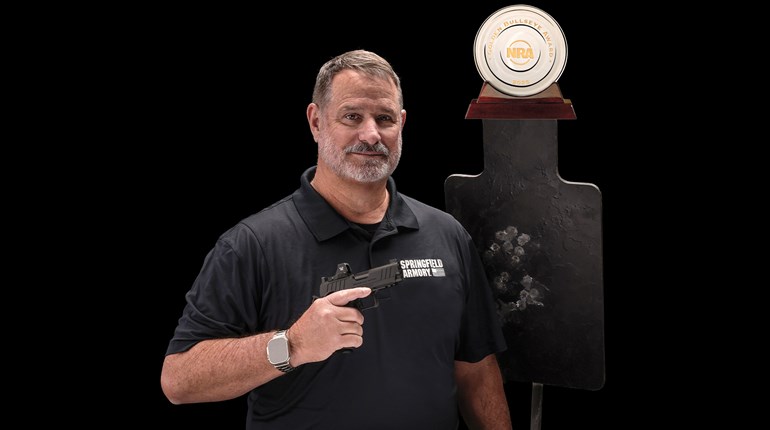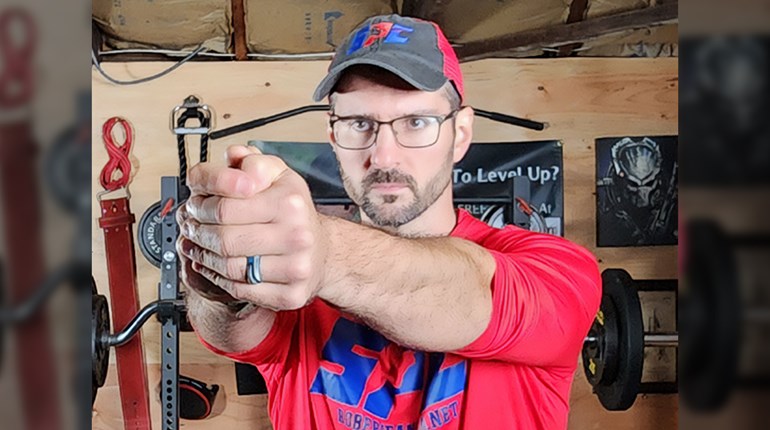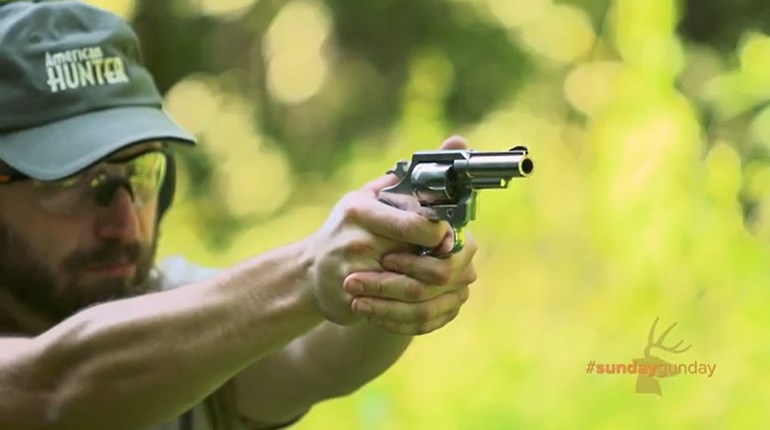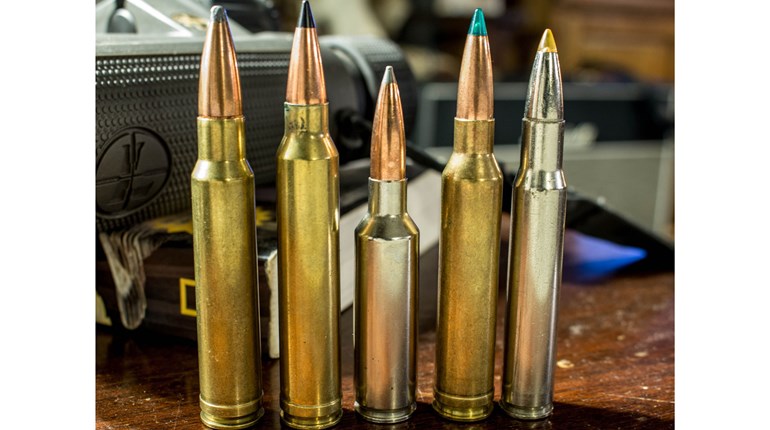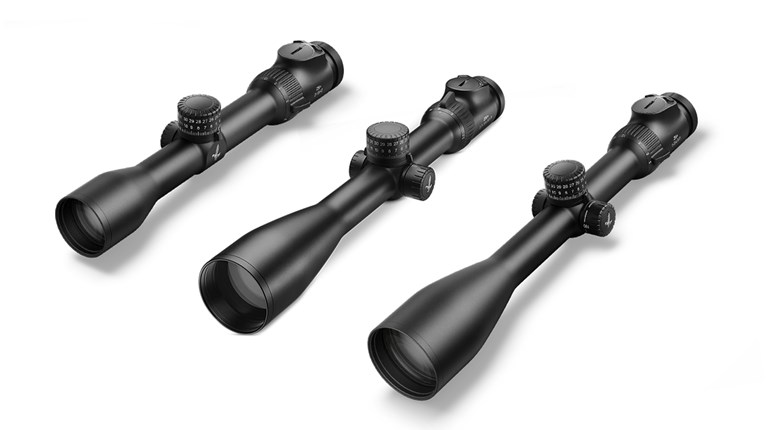
I’ve seen countless middle-aged hunters who have finally reached the point in life that they can afford to go on some cool hunts, but are in such poor shape they either can’t get the most out of their adventure, or have their hunt ruined completely.
This need not be the case, and without joining a gym or hiring a personal trainer. Please keep in mind that I'm not a doctor, but I have been training for mountain hunts for 40 years, have a college degree in physical education and once designed training programs for high school and college athletes.
A basic three-point plan of assessment, cardio and strength training can help you be ready and able for your once-in-a-lifetime hunt.
The assessment process is the hardest for most to do. After all, nobody wants to admit they aren’t as tough as they used to think they were. The truth is, if you are over 40, seriously overweight, work at a sedentary job and do not exercise regularly, you probably should not book a strenuous hunt unless you are willing to make a commitment to improve physically. That commitment means you’ll have to dedicate anywhere from two to six months to prepare, depending on your body and the hunt in question.
A wise man once told me this: “Bob, the mountains and the critters we hunt do not care a whit that you are older, have a stressful job, demanding family and an old football injury—the mountains are still as high and steep, and the critters as tough and unwilling to give up their scalps, as they were when you were young. Unless you can physically meet the challenge for the entire duration of the hunt, the chances of success are exponentially less.” Truer words have never been spoken.
Make a commitment to getting faster and stronger by scheduling adequate exercise time everyday from now until your hunt begins. You will have to push yourself by running, riding or walking fast and lifting hard. If you aren’t raising your heart rate significantly and gasping for breath at some point during the workout, you are not achieving maximum results. And never forget, the most important muscle in your body is your heart.
Also, rest days are good. As we get older it takes our bodies longer to recover than when we were kids. Giving yourself a day off every now and then will help ease the soreness, make the next workout better and help you mentally. I like to do hard aerobic exercise on days one, two, four and five, then rotate to weight training on days three and six. Day seven is a day of complete rest.
Where should you begin? With a visit to your doctor for a physical exam to ensure you’re healthy for strenuous activity. Your doctor may even give you a stress test, which will tell you a great deal about your body and your heart. Second, commit to losing as much weight as you can. I love it when hunters talk about shaving pounds off their rifle and gear when shedding pounds off their belly would serve the same purpose. Third, think “specificity training,” a term that simply means tailoring your workouts to the same type of work you will experience on the hunt. Strengthen your core—stomach and back—to help prevent a wrenched lower back. If you have bad knees, ride a bike, use a stair machine or walk up hills or stadium steps, rather than jog or run.
Weight training is great, but you want to emphasize the ability to work hard for an extended period of time, not bench press a lot of weight once or twice. On the hunt you can't be expected to run up mountains or hike as fast as your younger, tougher guide, but you will have to climb the mountain steadily or you will eat tag soup. If the guide starts racing up the mountain, remind him that you have the gun, tag and the tip money, and the party can’t start without you, but never give up.














